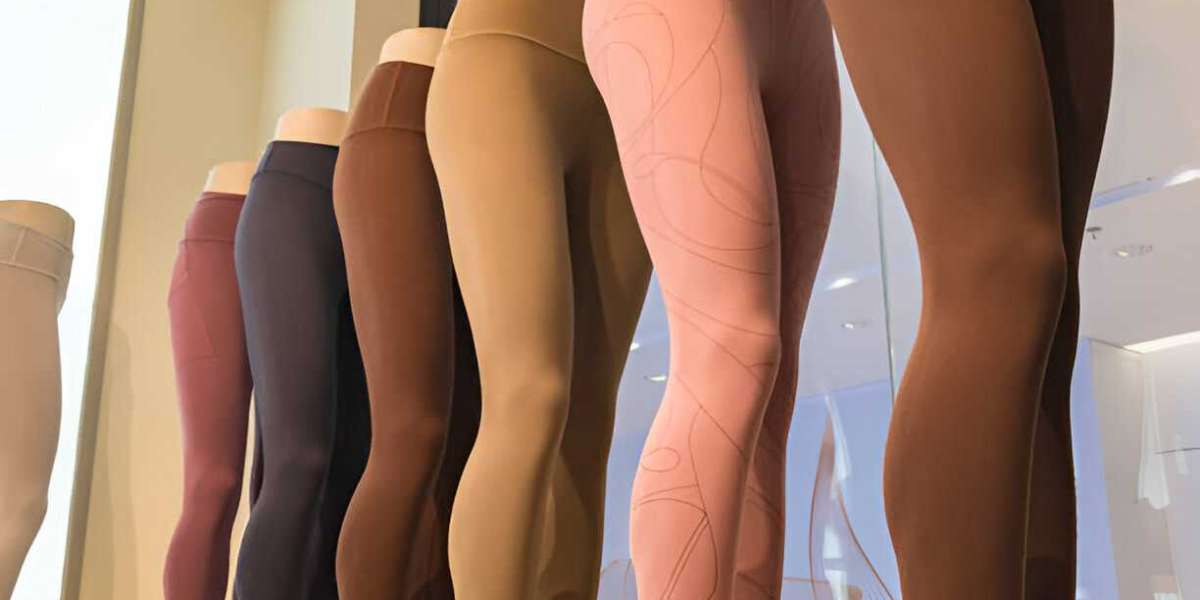Skin tag removal provides the best beauty services in Pakistan in reliable charges, making it easier than ever for people to get rid of unwanted skin growths without breaking the bank. Whether for cosmetic reasons or to prevent irritation, more and more people are turning to professional clinics for safe and effective treatments. With the availability of advanced methods, experienced dermatologists, and affordable options, skin tag removal has become a common and trusted procedure across the country.
What Are Skin Tags and Why Do They Appear?
Skin tags, medically known as acrochordons, are small, benign skin growths that often appear in areas where the skin folds or rubs against itself. They are usually soft, flesh-colored, and painless. While they are not harmful or cancerous, many people choose to have them removed due to cosmetic concerns or discomfort caused by friction with clothing or jewelry.
Common causes of skin tags include:
Friction from skin rubbing together (common in armpits, neck, or groin).
Genetics, which may make you more prone to developing them.
Hormonal changes, especially during pregnancy.
Obesity, as increased skin folds can lead to more friction.
Aging, since skin elasticity changes over time.
Popular Skin Tag Removal Methods in Pakistan
There are several ways to remove skin tags, and the right method depends on the size, location, and number of tags. In Pakistan, both home remedies and professional procedures are available, but experts always recommend safe, medical-grade treatments to avoid infection or scarring.
Cryotherapy (Freezing)
This method involves applying liquid nitrogen to the skin tag, which freezes and destroys the tissue. The tag usually falls off within a week or two.Pros: Quick, effective, and minimal downtime.
Cons: Slight discomfort, possible skin discoloration in darker skin tones.
Electrocautery (Burning)
In electrocautery, heat generated by electric current is used to burn off the skin tag.Pros: Immediate removal and reduced risk of regrowth.
Cons: Slight burning sensation and small scab formation.
Laser Removal
Laser treatment uses focused light to break down the skin tag tissue.Pros: Highly precise, minimal bleeding, and quick healing.
Cons: Slightly higher cost compared to other methods.
Surgical Excision
A dermatologist uses sterile scissors or a scalpel to cut off the skin tag.Pros: Immediate results and effective for larger tags.
Cons: May require local anesthesia; minimal risk of scarring.
Ligation
This involves tying a thread or surgical suture around the base of the tag to cut off blood supply, causing it to fall off naturally.Pros: Simple and inexpensive.
Cons: Takes longer and may cause temporary discomfort.
Cost of Skin Tag Removal in Pakistan
The price of skin tag removal depends on the method used, the clinic’s location, and the number of tags being treated. On average:
Cryotherapy: PKR 2,000 – 5,000 per tag
Electrocautery: PKR 2,500 – 6,000 per tag
Laser Removal: PKR 4,000 – 10,000 per tag
Surgical Excision: PKR 3,000 – 8,000 per tag
Multiple Tag Packages: Many clinics offer discounted rates for treating several tags in one session.
While some may opt for home remedies to save money, professional treatment ensures safety, hygiene, and better cosmetic results.
Who Should Consider Skin Tag Removal?
You may consider skin tag removal if:
The tag causes discomfort due to rubbing or snagging.
It is located in a visible area and affects your confidence.
The tag is large, growing, or changing in appearance.
It bleeds or causes irritation.
Always consult a qualified dermatologist to confirm that the growth is a harmless skin tag and not another skin condition.
Aftercare Tips for Skin Tag Removal
Proper aftercare is essential for preventing infection, promoting healing, and ensuring the best cosmetic outcome.
Keep the Area Clean and Dry
Gently clean the treated area with mild soap and water, then pat dry. Avoid scrubbing.Apply Antibiotic Ointment
If advised by your dermatologist, apply an antibiotic cream to prevent infection.Avoid Touching or Picking at the Area
Let scabs fall off naturally to avoid scarring.Protect from Sun Exposure
Use sunscreen on exposed areas to prevent pigmentation changes.Follow Your Doctor’s Instructions
Attend follow-up appointments if recommended, and inform your doctor if you notice redness, swelling, or unusual discharge.
Home Remedies vs Professional Treatments
Some people try to remove skin tags at home using apple cider vinegar, tea tree oil, or over-the-counter creams. While these methods may work for very small tags, they come with risks such as skin irritation, incomplete removal, and infection. Professional treatments, on the other hand, are faster, safer, and provide better cosmetic results.
Choosing the Right Clinic in Pakistan
When selecting a clinic for skin tag removal, consider:
The qualifications and experience of the dermatologist.
The hygiene standards and equipment used.
Reviews and testimonials from previous patients.
Transparent pricing and availability of aftercare support.
Final Thoughts
Skin tag removal in Pakistan has become safe, quick, and affordable thanks to modern dermatology treatments. Whether you choose cryotherapy, electrocautery, laser, or surgical excision, you can enjoy smooth, blemish-free skin with minimal discomfort and downtime. By following proper aftercare and consulting experienced professionals, you can ensure the best results and avoid complications. For trusted and reliable skin tag removal services at reasonable rates, Hash Clinics remains a top choice across the country.



